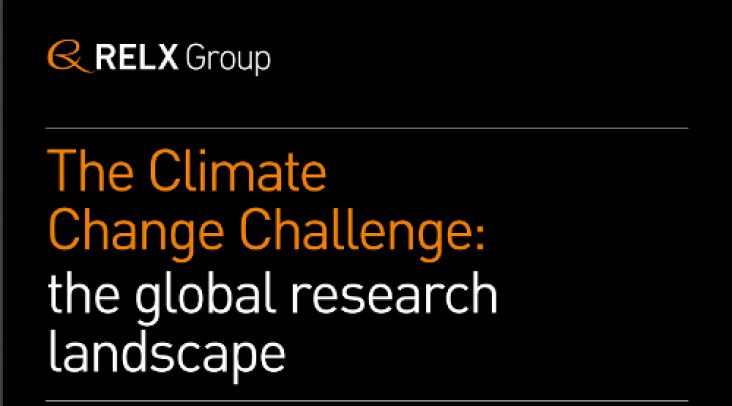The elevated air temperature of a city, urban heat island (UHI), increases the heat and pollution-related mortality, reduces the habitats' comfort and elevates the mean and peak energy demand of bu
Strategies are urgently required to ensure long term maintenance of current levels of global insect diversity.


This paper attempts to investigate the impact of economic growth and CO2 emissions on energy consumption for a global panel of 58 countries using dynamic panel data model estimated by means of the

Aquatic Functional Biodiversity, An Ecological and Evolutionary Perspective, 2015, Pages 127-155
